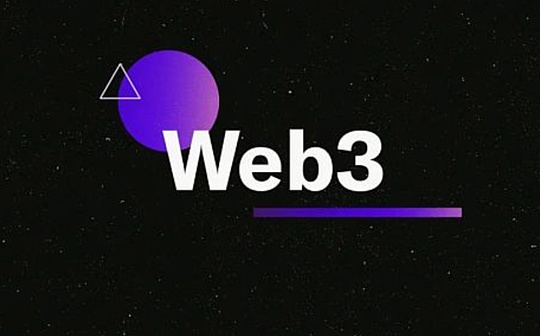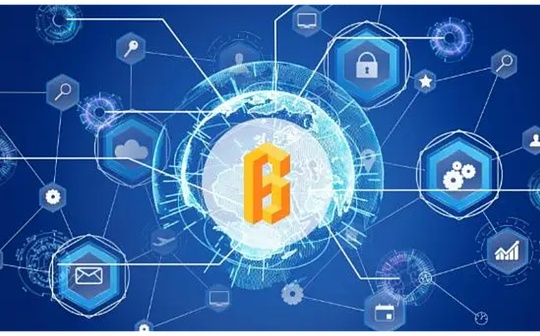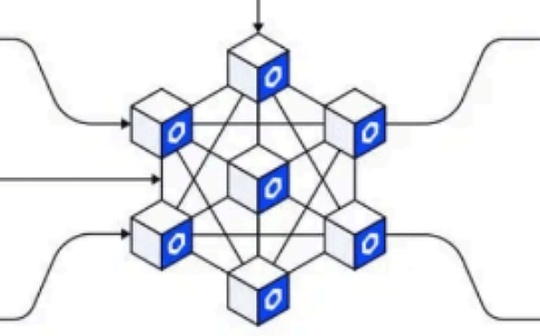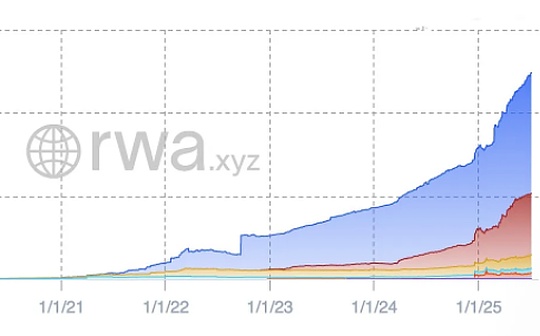
Author: Haotian
Recently, I observed the AI industry and found an increasingly “sinking” change: from the original mainstream consensus on computing power concentration and “big” models, a branch that is biased towards local small models and edge computing has evolved.
This can be seen from Apple Intelligence covering 500 million devices, to Microsoft launching a 330 million parameter small model Mu for Windows 11, to Google DeepMind’s robot “off-network” operation, etc.
What’s the difference?Cloud AI competes with parameter scale and training data, and money-burning ability is the core competitiveness; local AI competes with engineering optimization and scenario adaptation, and will go further in protecting privacy, reliability and practicality.(The hallucination problems of the main general model will seriously affect the penetration of vertical scenes)
This actually has a greater opportunity for web3 AI. It turns out that when people compete for “generalization” (computing, data, algorithms) capabilities, they are naturally monopolized by traditional Giant manufacturers. If they put the concept of decentralization, they want to compete with Google, AWS, OpenAI, etc., which is simply a dream. After all, they have no resource advantages, technical advantages, and no user base.
But in the world of localization model + edge computing, the situation facing blockchain technology services is very different.
When an AI model runs on a user device, how do you prove that the output results have not been tampered with?How to achieve model collaboration while protecting privacy?These questions are precisely the strengths of blockchain technology…
I have noticed some new web3 AI-related projects, such as the data communication protocol Lattica recently launched by @Gradient_HQ of Pantera Zero Investment 10M, to solve the data monopoly and black box problems of centralized AI platforms; @PublicAI_ The brainwave device HeadCap collects real human data and builds a “artificial verification layer”, which has achieved 14M revenue; in fact, they are all trying to solve the “credibility” problem of local AI.
In a word: Only when AI is truly “sinking” to every device can decentralized collaboration turn from concept to demand?
Instead of continuing to be in the generalization track, the #Web3AI project should be carefully considered how to provide infrastructure support for the localized AI wave?








